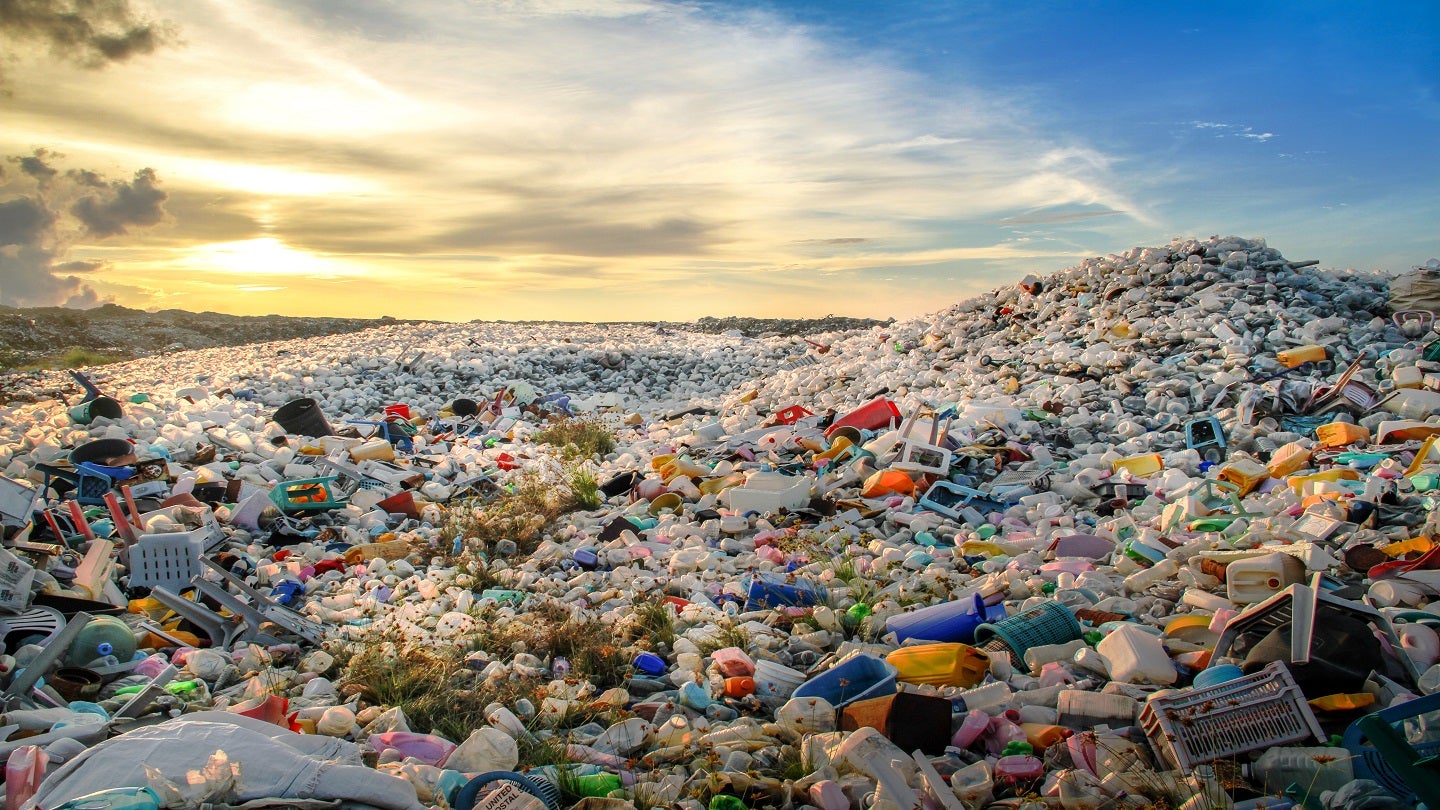
The Australian national government could potentially raise nearly A$1.5bn ($1bn) annually by implementing a tax on plastic packaging waste, similar to the system currently in place in the EU, research by the Australia Institute think tank has revealed.
This levy would target businesses that import or manufacture plastic packaging, charging A$1,300 per tonne of non-recycled plastic.
Introduced in 2021, the EU’s current levy charges member states €800 per tonne for plastic packaging waste that is not recycled.
With Australians reportedly generating 1.18 million tonnes of virgin plastic packaging waste per year, the proposed tax could generate significant revenue for the federal government, the institute stated.
Public opinion also seems to favour stronger measures against plastic waste, with a survey conducted by the Australia Institute finding that 85% of 1,002 respondents support legislated waste reduction targets for producers, suppliers, and retailers.
Of the respondents, 75% also favour a ban on non-recyclable plastics in kerbside bins.

US Tariffs are shifting - will you react or anticipate?
Don’t let policy changes catch you off guard. Stay proactive with real-time data and expert analysis.
By GlobalDataThe Australia Institute’s Circular Economy & Waste Program director Nina Gbor said: “Australia is facing a growing tsunami of plastic waste and is expected to miss every recycling target it has set.
“We’re recovering less than a fifth of the plastic waste used each year, with consumption expected to more than double to nearly ten billion tonnes by 2050.
“If recycling was the solution to the plastic waste crisis, it would have been solved by now. Instead, it just encourages the production and consumption of even more waste that is choking our landfill and oceans.”
The country aims to achieve a minimum of 20% recycled content in new plastic packaging and recover 70% of all plastic packaging by 2025.



